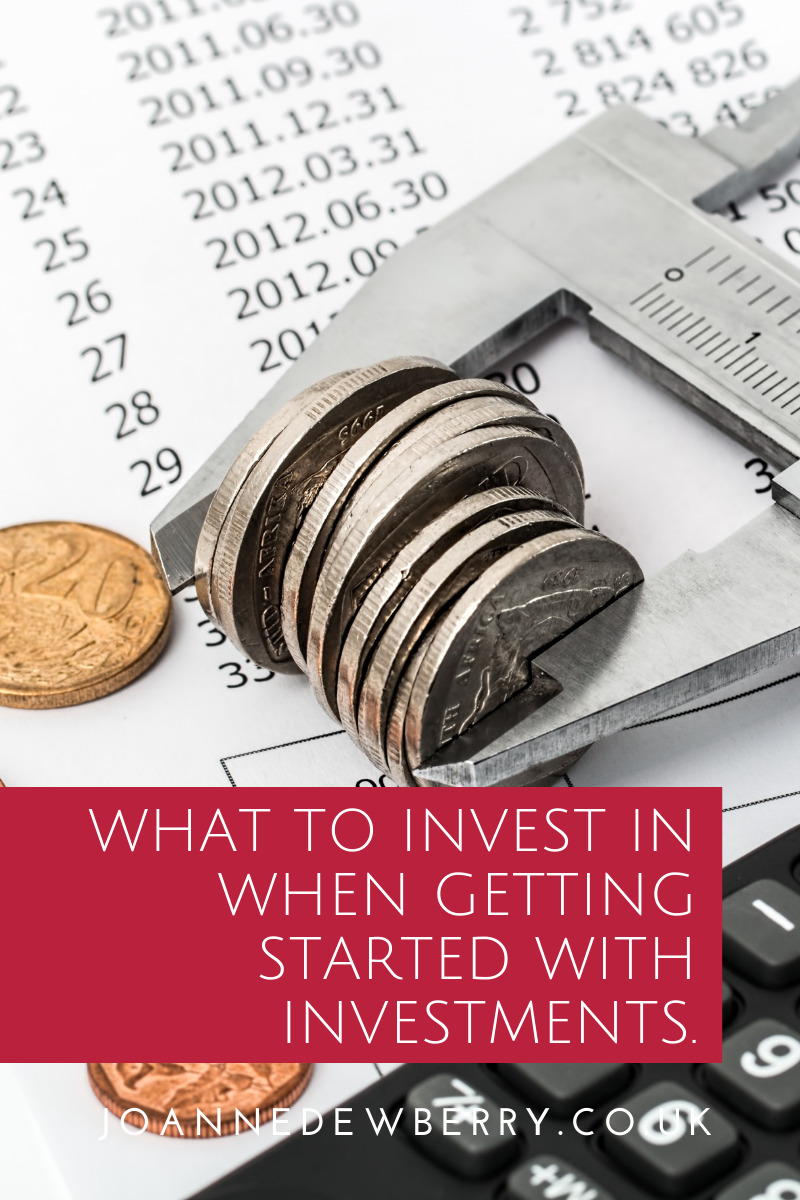It can be difficult to gauge the size of the global financial market, but the UK alone had more than £9.1 trillion ($11.8 trillion) worth of assets under management at the end of 2017.
Not only this, but the financial market is home to an increasingly diverse array of assets in 2021, creating a significant range for investors to choose from when looking to launch their careers.

But what are the best assets to invest in when you first enter the financial marketplace? Here are some ideas to keep in mind:
- Stocks and Bonds
We’ll start with stocks and bonds, which are entirely different entities that are often combined as part of a diversified portfolio for novice investors.
Both of these assets provide a secure store of wealth, although stocks can provide variable returns whereas bonds are fixed-income products. Equities are also far more diverse in terms of their size, scale and the industries that they represent, creating the opportunity to optimise profits and bank sustainable gains.
Broadly speaking, investors are advised to create a 60/40 portfolio split between stocks and bonds, although the percentage committed to shares may increase for younger investors who want to focus on profitability rather than minimising exposure.
This represents a good starting point for your investment career, from which you can branch out into alternative assets over time.
- Indexes
On a similar note, you may want to consider investing in indices and stock indexes as a way of creating an accessible and instantly diversified portfolio.
Because of this, indices trading brings less risk than stock trading, as it tracks the performance of a carefully selected group of equities rather than relying on a single company.
This immediately minimises volatility and your exposure to a single equity, making it an ideal option for new investors who may have a slightly risk-averse outlook.
You can also target indexes based on factors such as nationality and industry, from Germany’s ‘DAX30’ to the tech-heavy Nasdaq 100 in the US.
- Forex Trading
We close with forex trading, which is more suited to risk-hungry investors who want to embrace increased leverage and use volatility to their advantage.
Make no mistake; forex trading offers access to leveraged products of up to 100:1, which enables you to open and control disproportionately large currency positions with a relatively small deposit.
Of course, this also introduces additional levels of risk, as you can also lose significantly more than your deposit if the market begins to turn against your trades.
Because of this, you’ll need to learn a great deal about the forex market and its mechanisms before committing your hard-earned cash. We’d also recommend utilising a so-called “demo account” through your chosen brokerage site, as this enables you to gain practical experience in a simulated, real-time marketplace.
This post complies with my Disclosure Policy
Found this useful wondering how you can show me your appreciation? Well, there are some ways you can say thanks and support my website: ➡